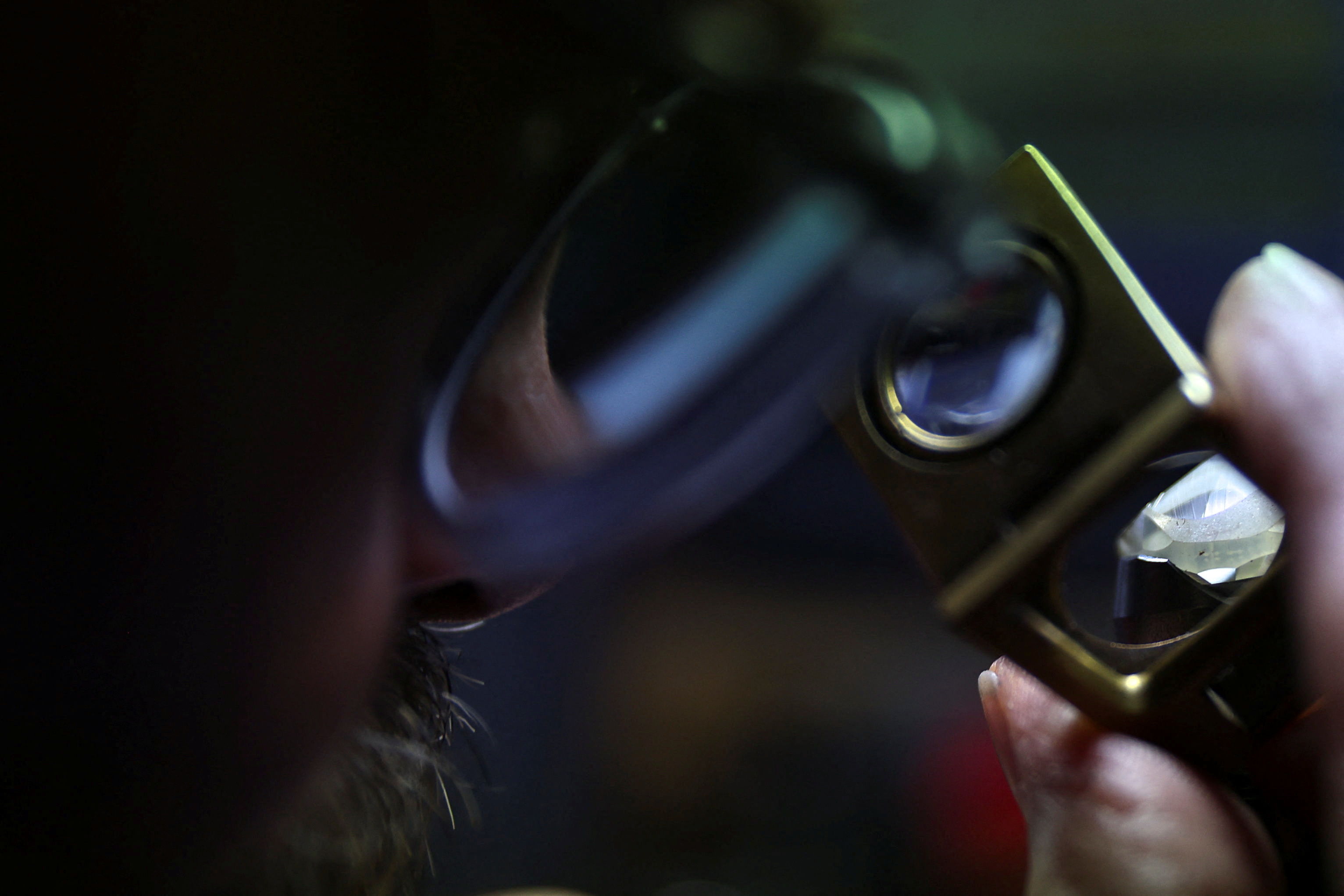G7 agrees on Russian diamond import ban and tracing system

Russian diamonds will be added to the European sanctions list on 1 January, the G7 leaders announced on Wednesday evening. At Belgium's request, a tracing system will also be introduced. "This is an essential step to reduce the financial flows from the diamond trade to Russia significantly," said prime minister Alexander De Croo.
Almost two years after Russia invaded Ukraine, an import ban on Russian diamonds is now in place. The G7 leaders, representing the world's seven major economic powers, reached the agreement during an online meeting, in the presence of Ukrainian president Volodymyr Zelensky.
The US and the UK have previously imposed a ban. From 1 January 2024, diamonds from Russia will also be banned from Europe, Canada and Japan. By 1 March, phased import restrictions will apply to Russian diamonds processed in third countries.
"This is an essential step to reduce the financial flows from the diamond trade to Russia significantly"
By 1 September, the tracing system must also be operational. With Antwerp a major trading centre for rough and polished diamonds, Belgium had been pushing for such a system within the G7. The aim is to determine the origin of gems entering G7 countries in order to prevent Russian diamonds from reaching G7 markets.
According to a statement, the details of the "robust verification and certification scheme for rough diamonds" are still being discussed by stakeholders, including diamond-producing and processing countries.
EU sanction package
Although the EU has adopted 11 sanctions packages that have spared the diamond sector, the ban on Russian diamonds will be included in the 12th package. A ban has so far been avoided because it could strangle the European diamond sector and benefit other diamond centres such as Dubai or Mumbai. The tracing system is intended to change this.
De Croo said the G7 had adopted the fundamental principles of the Belgian proposal, which offers "a unique opportunity for the Antwerp diamond sector to develop further as a hub for 'clean' diamonds" and for producing countries in Africa to obtain better prices for their rough diamonds.
The last diamond polishers left Antwerp for India, where manual labour is cheaper, several years ago. More recently, some rough diamond trade has moved to Dubai to avoid scrutiny.
#FlandersNewsService | © PHOTO REUTERS/JOHANNA GERON
Related news

